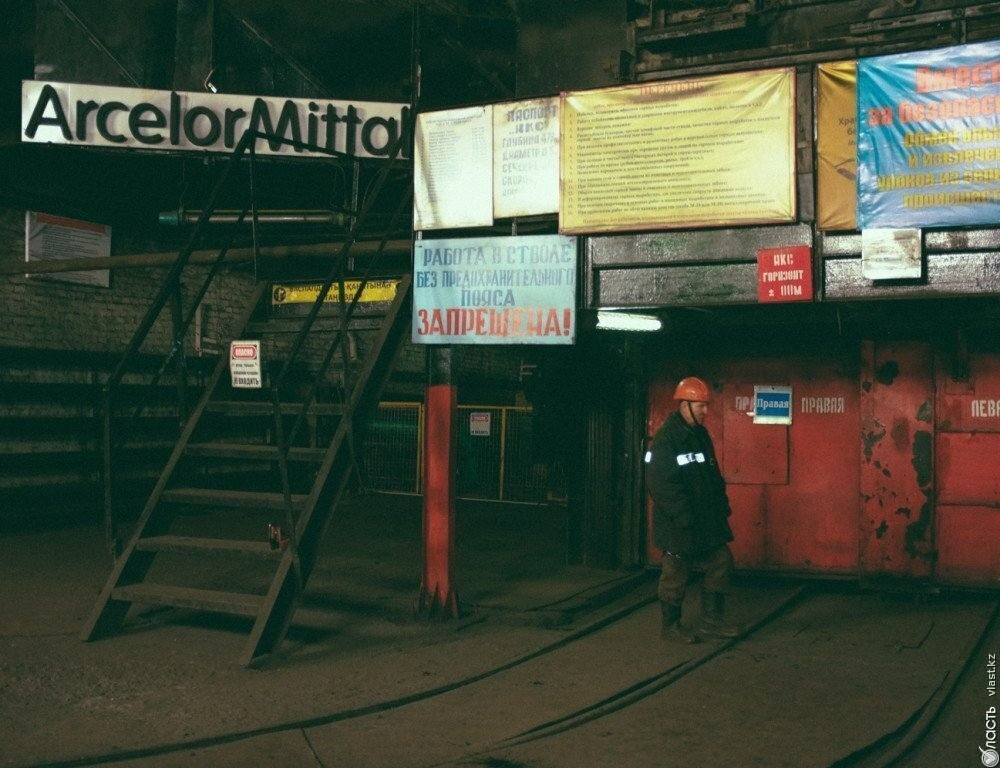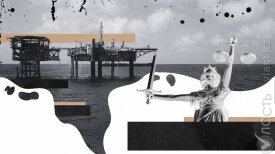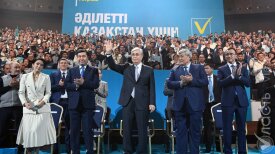Five miners were killed as a result of an underground explosion in Shakhtinsk in the Karaganda region on November 3. The tragedy occurred at “Lenin,” a mine operated by ArcelorMittal Temirtau, a subsidiary of Luxemburg-registered ArcelorMittal. Last year, a gas leak killed 6 workers at a mine in Abai, a nearby village. The government said it would launch an investigation. Days before the explosion, Kazakhstan’s President Kassym-Jomart Tokayev had met with ArcelorMittal Temirtau workers, a routine visit that was planned ahead of the upcoming elections.
On November 2, Tokayev signed into law a decree that grants amnesty for the participants in Qandy Qantar, the popular protests that were violently suppressed in January. Around 1,500 people will be eligible for the pardon: The amnesty is only available to those who were convicted. In an interview with Vlast, human rights lawyer Yevgeniy Zhovtis said that this is unlikely to address the violence perpetrated by law enforcement officials. Human rights activist Tatiana Chernobyl said that the amnesty should be accompanied by a process of repentance and reconciliation.
Also on November 2, political activist Zhanbolat Mamai was released from pre-trial detention after almost nine months. The leader of the Democratic Party (which has repeatedly failed to register officially) will be kept under house arrest while awaiting trial, set for November 7. Last week, the prosecutor reduced charges against Mamai to “organizing an illegal rally” and other minor accusations.
Qandy Qantar had undoubtedly tumultuous effects in Kazakhstan and court cases make the news every week. The high-treason case against former National Security Committee (KNB) chief Karim Massimov became the subject of a report published by the UN’s Human Rights Council on October 28. Massimov appealed to the organization’s working group on arbitrary detentions in an effort to show that his arrest is “part of a broader crackdown by the incumbent President and his Government on political opposition.”
In the case against Muratkhan Tokmadi, on November 2, the Anti-Corruption Service announced it would investigate the defendant’s allegations of having suffered torture by the KNB while in prison. Tokmadi claims that the KNB tortured and drugged him to extort a murder confession, for which he is serving a 10-year sentence. In mid-October, Tokmadi was refused parole.
On November 3, the Senate approved a range of institutional reforms that would establish a new Constitutional Court, reform the Prosecutor-General Office, and strengthen the jurisdiction of the Ombudsman on Human Rights.
On October 28, Airbus said it is negotiating with the French authorities a new settlement for its bribery accusations regarding its dealings in Kazakhstan. Airbus already paid large fines in 2020. The bribery accusations in Kazakhstan concern contracts for the sale of helicopters, satellites, and a satellite control center in 2009. Authorities in Kazakhstan have not opened a case on the probe against Airbus, which started in France in 2013.
According to Central Bank data, in September alone the number of new bank cards reached 538,000, that is more than 20 times more than in the same month last year. The massive inflow of Russian citizens led many to open new bank accounts in Kazakhstan.
The commercial real estate portal Krisha.kz said that its data shows a gradual decrease in rental prices across the country. Since the start of the war in Ukraine - and at a faster pace since the mass migration of Russians in September - renting an apartment has become more costly. Krisha.kz also said that in the first months of 2022, prices for short- and long-term rentals have increased on average by 10%.
The Agency for Development and Competition said it plans to allow liquified natural gas (LPG) prices to float at a market rate by the first quarter of next year. This could become a sensitive topic in the coming months, as the sharp increase in LPG prices was the spark that started the protests in the western Mangistau in January.
Поддержите журналистику, которой доверяют.








